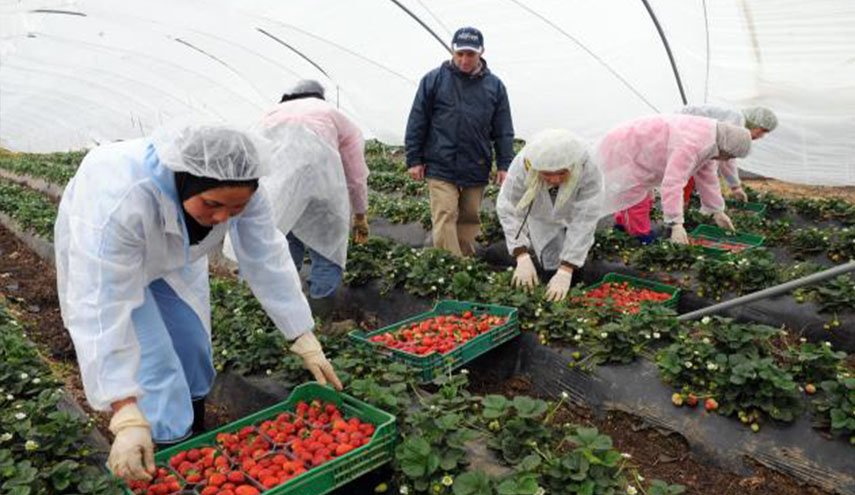3.27 euros. This was, in June 2020, the average cost of a kilogram of strawberries in the European Union. While countries in the Euro-Mediterranean region were facing the COVID–19 pandemic, while some European governments were actively recruiting to save crops, hundreds of migrant workers (mostly women from North Africa) were actually harvesting fruits and vegetables, very often under deplorable working conditions with a view to guaranteeing low prices.
These workers are regularly victims of human rights violations all around the Mediterranean. Well documented in Spain, Italy and France, these violations also affect female agricultural workers in the South Mediterranean, although this is less documented.
It is the case of Ghizlan, a young Moroccan student and agricultural worker who died in the accident of the truck that was transporting her, along with about 15 other women, to their place of work. Ghizlan, who was working to afford continuing her studies, used to receive a daily salary of 70 dirhams (just under 7 euros). She was working outside of any legal framework and did not benefit from any social protection, insurance or pension schemes. It is estimated that about 4 million women work in these conditions, often suffering moral, physical or sexual violence.
Although thousands of female Moroccan agricultural workers stranded in Spain during the COVID–19 crisis have been repatriated (after a strong mobilisation of Moroccan civil society and lengthy negotiations between the Moroccan and Spanish governments), this should not lead to forget the necessary legislative work, which continues to be promoted by civil society in Morocco and elsewhere, to improve the conditions of agricultural workers in their countries.

